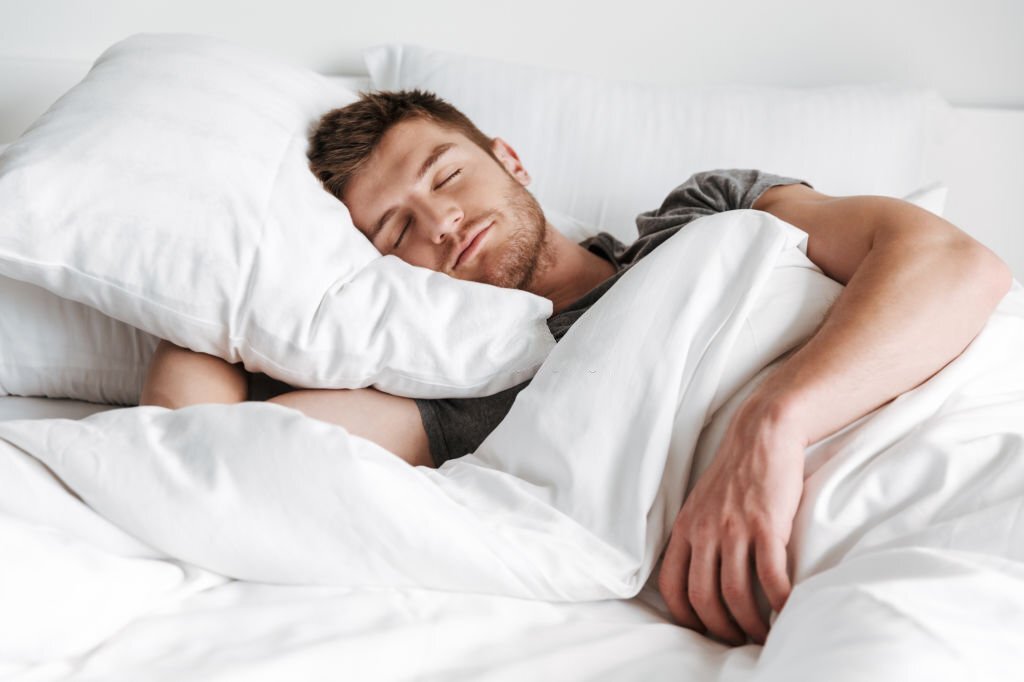According to studies, you need to get seven to nine hours of sleep each night, regardless of whether you workout or not. Sleep is essential for athletes, including tennis players, because it affects how well they perform during competition. In addition, tennis players must get enough sleep to keep their bodies and minds in good condition. To improve sleep quality by sleep tips for tennis player before a match night, we have piped 6 essential sleep tips for tennis player.
The player’s body can recover and prepare for the following day with a good night’s sleep. Sleep deprivation can have a negative impact on a player’s physical and mental well-being. Their bodies will be exhausted if they don’t get enough sleep, and they may not function as well as they should. Their accuracy and general performance will suffer, and their mental health will also be impacted. If you have trouble sleeping, consider these 6 essential sleep tips for tennis player to increase the quality of your deep sleep.
6 Essential Sleep Tips for Tennis Player
-
Find an Ideal Sleeping Position
Your sleeping position is an important element that affects how well you sleep at night. It’s best to sleep on your back because it relaxes all of your muscles and joints. If sleeping on your back causes discomfort, place a pillow between your knees or under your back.
On the other hand, we do not suggest sleeping on your stomach. Stomach sleeping causes the spine to be stressed and disturbs the body’s natural alignment.
-
Maintain a Sleep Schedule
Setting up a sleep schedule is vital when counting on 6 essential sleep tips for tennis player that aids in keeping the body’s natural clock in balance. You can train your body to begin feeling tired at the same time each day by sleeping at night, and you’ll find it easier to fall asleep every night as a result.
There are many ways to make your sleep schedule better. Establishing a wind-down routine is one way to improve one’s sleep schedule. Everyone has a routine of activities that help relax the body and mind. The most popular exercises include stretching, yoga, meditation, and reading.
-
Avoid the Use of Electronics Before Bed
The use of blue light-emitting devices can make it difficult to sleep. Blue light disrupts the circadian rhythm and reduces the production of melatonin, a hormone that induces sleep. These devices also serve as a distraction, engaging users in hours of unnecessary entertainment when they should be prioritizing sleep. Instead of using your phone or tablet the night before a crucial match, try listening to relaxing music to destress. You can even meditation to relax your body and calm your nerves before the big day.
-
Limit Caffeine and Alcohol Intake
Maintaining your sleep schedule supports your health, which demands commitment and restraint. Your physical and mental health will improve if you stop drinking alcohol and caffeinated beverages. Like caffeine, nicotine in cigarettes can keep you up all night and eventually harm your health.
-
Adjust the Temperature of Your Room
You can adjust the temperature by a few degrees to find your ideal temperature if you have trouble falling asleep. Although everyone has their own preferences, most people can sleep well in cooler temperatures. A small change can have a big impact.
-
DestressDestress the night before
Stress and a busy mind both have the ability to keep you awake, which is undesirable the night before a match. Fortunately, our Spotify Playlists’ collection of calming playlists is the ideal remedy for all forms of stress.
Final Say
Training, a balanced diet, and exercise are extremely important for a tennis player. However, the human body cannot function at its best without getting enough sleep. A restful night’s sleep will strengthen the body and enhance focus and accuracy. Therefore, it is time to consider why you are not getting at least eight hours of good sleep.
This article is intended to assist you in making the most of your sleeping environment and schedule. In addition, you can get your professional accessories from the tennis rackets supplier near Long Island. Once you make these adjustments by following these 6 essential sleep tips for tennis player, you’ll see how even small changes can significantly impact your sleep quality.

